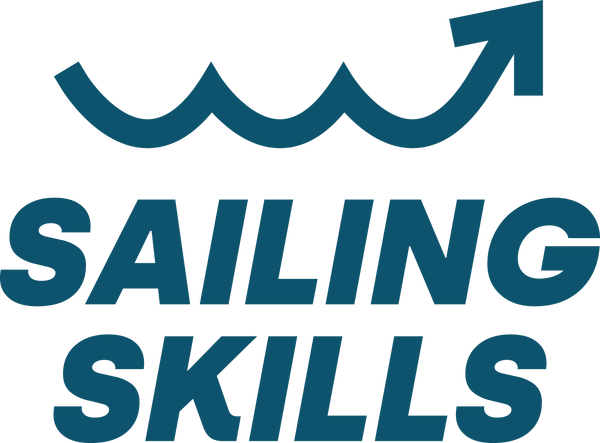Detailed course info
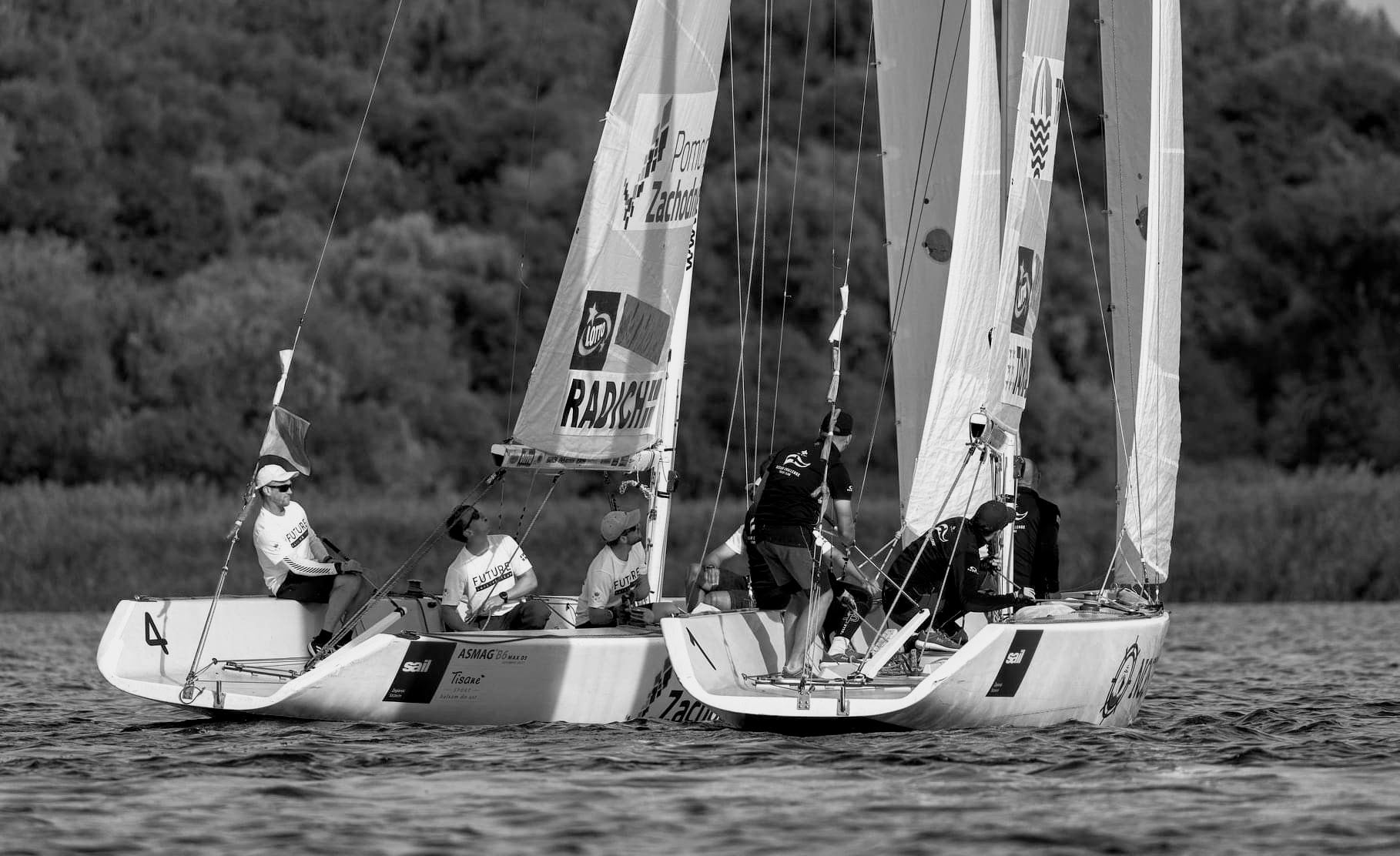
When buying access to our courses, they will remain available for 2 years from purchase date. Follow us on our facebook page: facebook.com/sailingskills
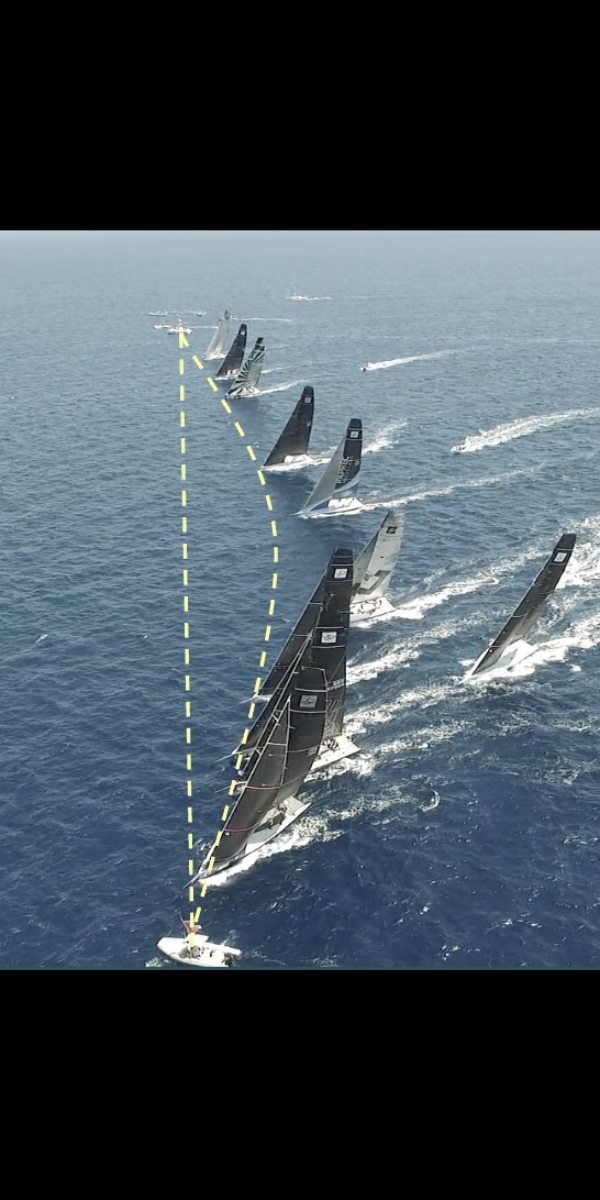
Course 1: Starting
The start is a cruicial part of a race. World class sailor Poul Elvstrøm have once said that a good start is 50% of a victory. A statement though that we do challenge in this course
Like all our courses in this first series on SailingSkills we begin with with the absolute basics, and then slowly but surely ramp up the level. And we can pretty much guarantee that even highly experiences racers will get inputs and tricks that will inspire to new ideas on the starting line.
You will learn about:
- Starting basics - geometry and line bias
- Current
- Starting Strategies
- Starting tactics
- Final positioning and acceleration
- Racing rules in the start
Finally we will present some exercises you can bring straight onto the water, for your next training session
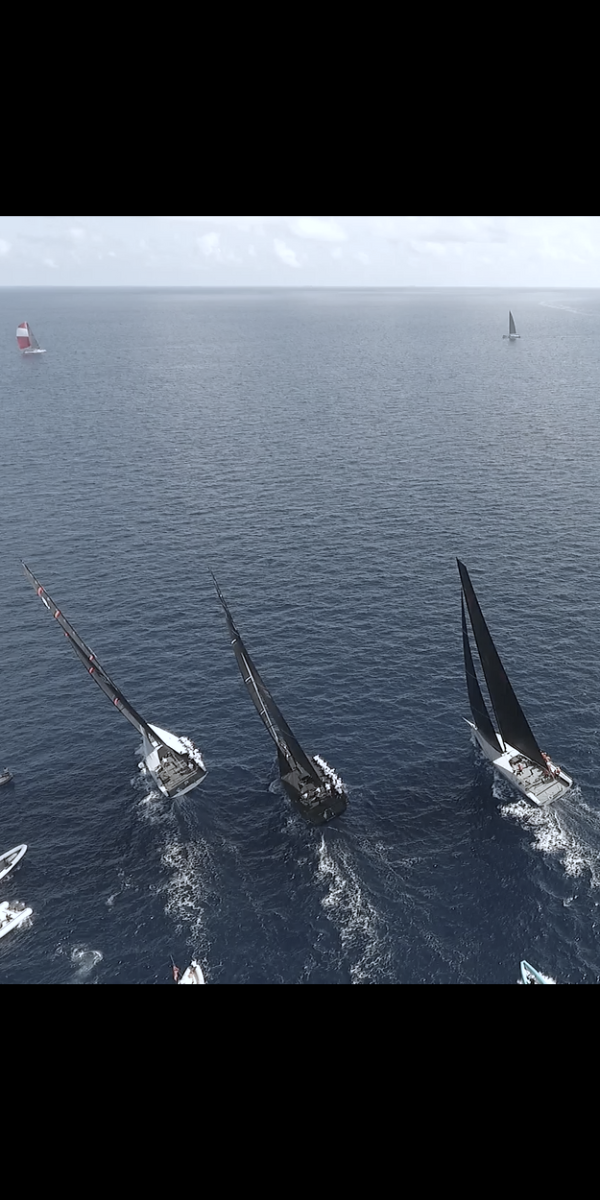
Course 2: Upwind
Most races begin with an upwind leg and already at the first mark rounding a major step towards the overall result of the race is already taken. This fact makes mastering upwind sailing very important!
In this 2nd course on this series on SailingSkills.com, we'll take a look at the Upwind, from different perspectives.
On this courser we will be going through:
- Upwind Basics 1: Trimming and balancing
- Upwind Basics 2: Manoeuvres and boat handling
- Upwind Basics 3: Moding - tactical positioning and driving
- Wind and fleet strategy
- Tactics and priorities up the beat
- Exercises and training
All topics covered in an easy to understand manner, starting at the basics, and gradually progressing. But we also venture into more advanced levels where even quite experienced sailors will surely get inspired and challenged on their understanding of wingshapes, flow, lift and forces.
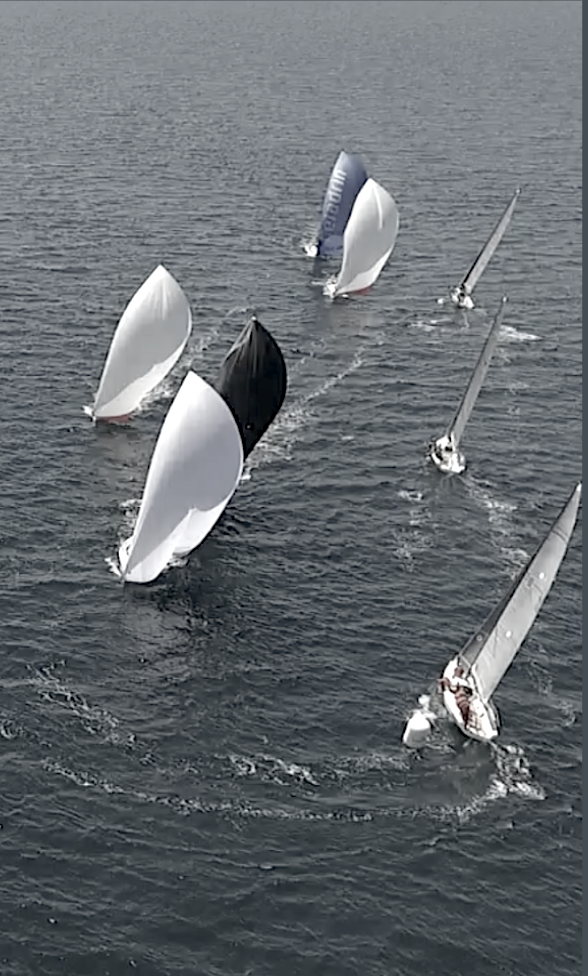
Course 3: Downwind
Downwind sailing is included in most races.
In this lesson we look at both spinnaker and gennaker sailing. There are many similarities, and a few differences in how to go downwind with these 2 different types of sails, in terms of trimming and tactics, attacking and defending.
Concepts such as VMG, VMC, target speed are explained and used in a way where it becomes directly applicable in your sailing. We will also focus in-depth on good jibing technique, and how to tackle downwind sailing at each end of the wind scale, where it can be a real challenge.
We will cover:
- Basics 1 - What happens to the breeze downwind?
- Basics 2 - Spinnaker or Gennaker - hands on with trimming
- Basics 3 - Manoeuvres
- Strategy - downwind
- Tactics, priorities and infights around the course
- Exercises for self-training
Again there will be a easy to grasp intro to all topics covered. And at the same time we will venture into more advanced levels where even quite experienced sailors will surely get inspired and pick up new tricks
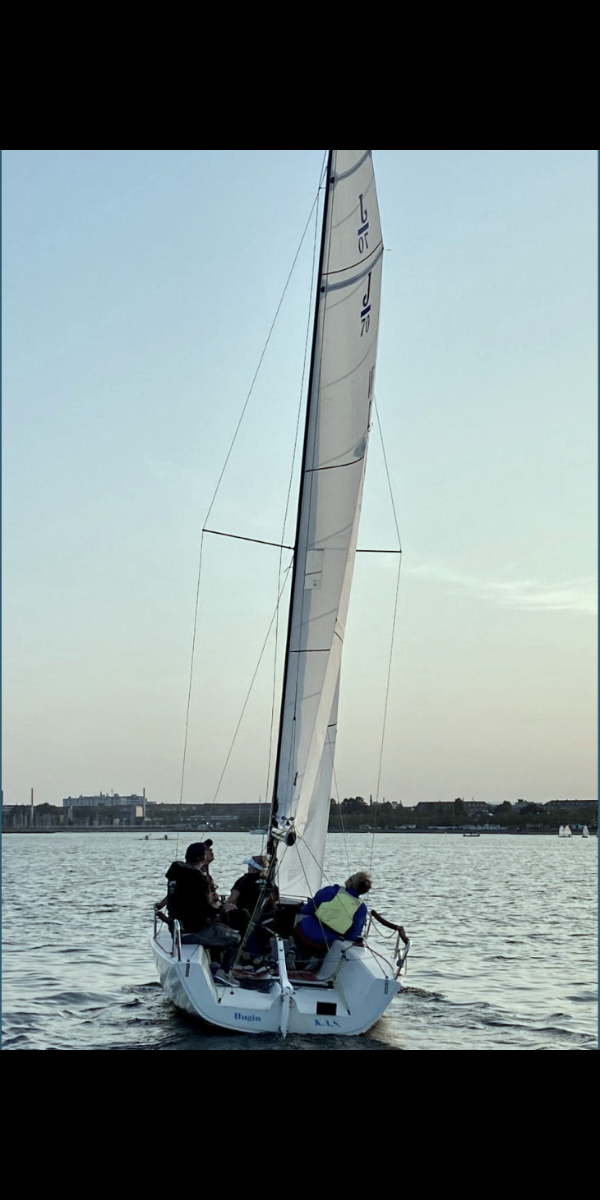
Course 4: Sail trimming
Racing on the water, is pretty much a speed game. A fast boat is a tactician's best friend - you seem to have it all figured out and under control :-)
We look at sail trim from a practical point of view, by looking at basic trim, cunningham, outhaul, etc. We look at their separate effects and how they interact with each other. We also look basic aero dynamics, so you can become your own trim-coach, including twist, center of effort and 2-sail interaction etc.
Based on the Bermuda rig, we also look at how we can get the rig setup to support our sail trim, and how we can thereby expand the sails' optimal range at each end of the wind scale
Sails, sail trim, boat balance and heeling are connected in an inseparable pair race, and we look at how to get the most out of this interaction.
All presented in a easy to understand language and visualized using videos and graphics
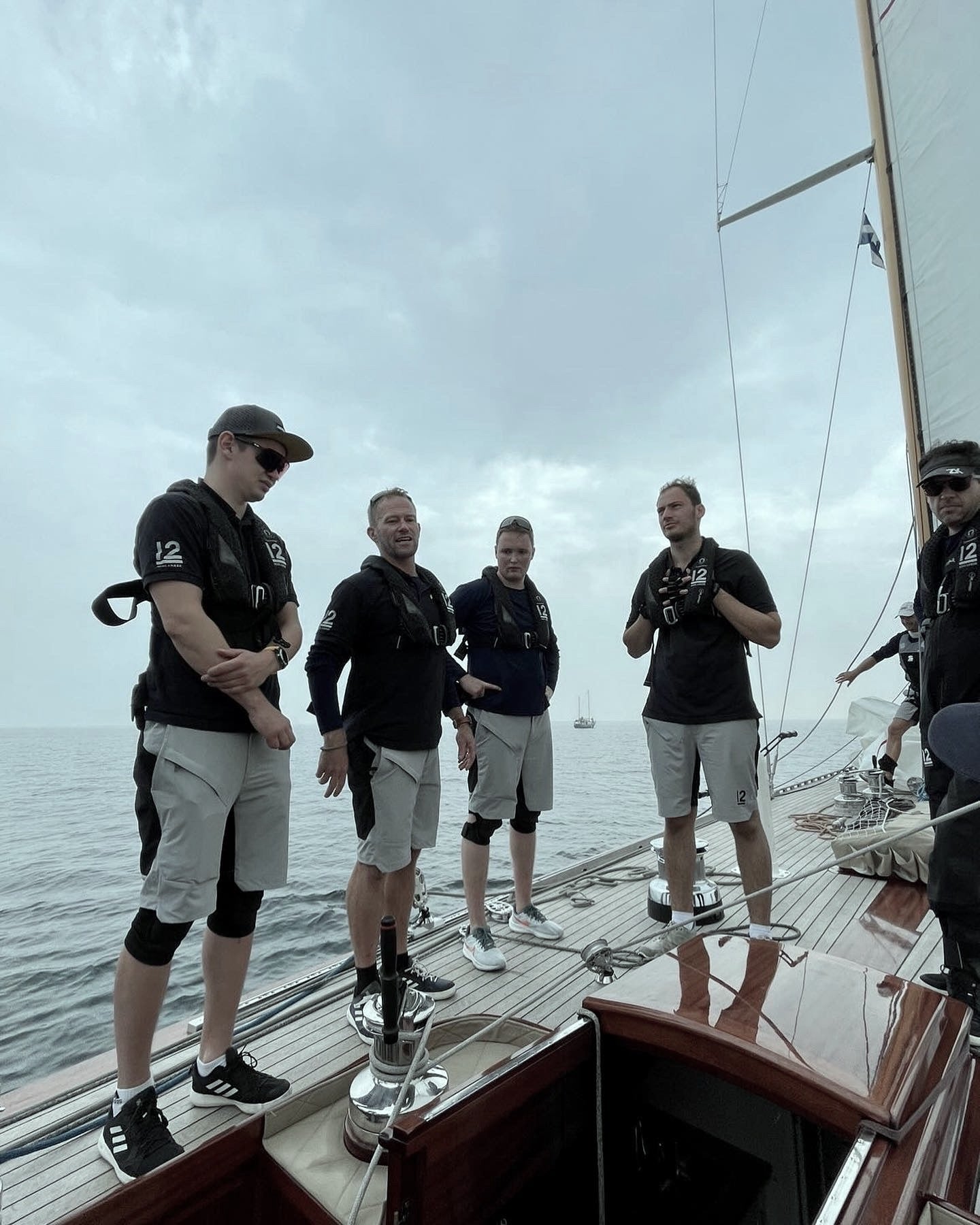
Course 5: Team, teamwork and training
Generally larger dinghys, boat and yachts are sailed by more than 1 person. Coordination and collaboration on board is therefore an element of great importance to both the experience among each individual crew member and to the team's performance in a race.
In this lesson we look at some successful approaches to teamwork on board, what challenges can be encountered and some models for successful interaction. The chapters include:
- Roles onboard
- Playbook - a tool for great boat handling
- Comms: The speed loop, Calls and Decisions
- Teamwork - The human factor
- Training and debriefs
Distribution of roles, areas of responsibility and individual experience level must be handled thoughtfully, and some good guidelines and approaches can make a world of difference.
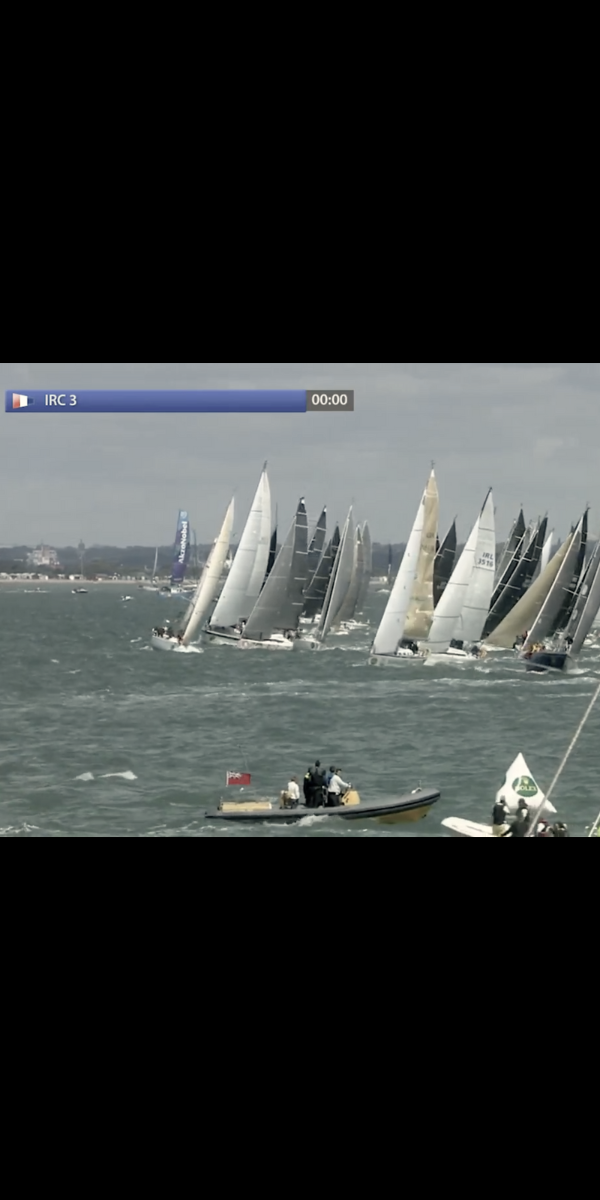
Course 6: Strategy, tactics and current
Yacht racing tactics and chess have a lot in common. The game is governed by a set of fairly specific rules that dictate how the game should be played. And through this rule structure, a number of strong and weak setups or positions arise, which it can be advantageous and really smart to be aware of.
We go through a number of recognizable situations you often encounter on the racing tracks, and look at what strategic and tactical options they offer, so that you can best get the rules on "your side".
We also introduce you to wind strategy, learn how to read clouds and plan you race strategy based on weather forecast adjusted by local adaptations.
Finally we also take look at current and tide. A short touch on the physics behind it and we go in-depth on how to deal with it - to your advantage
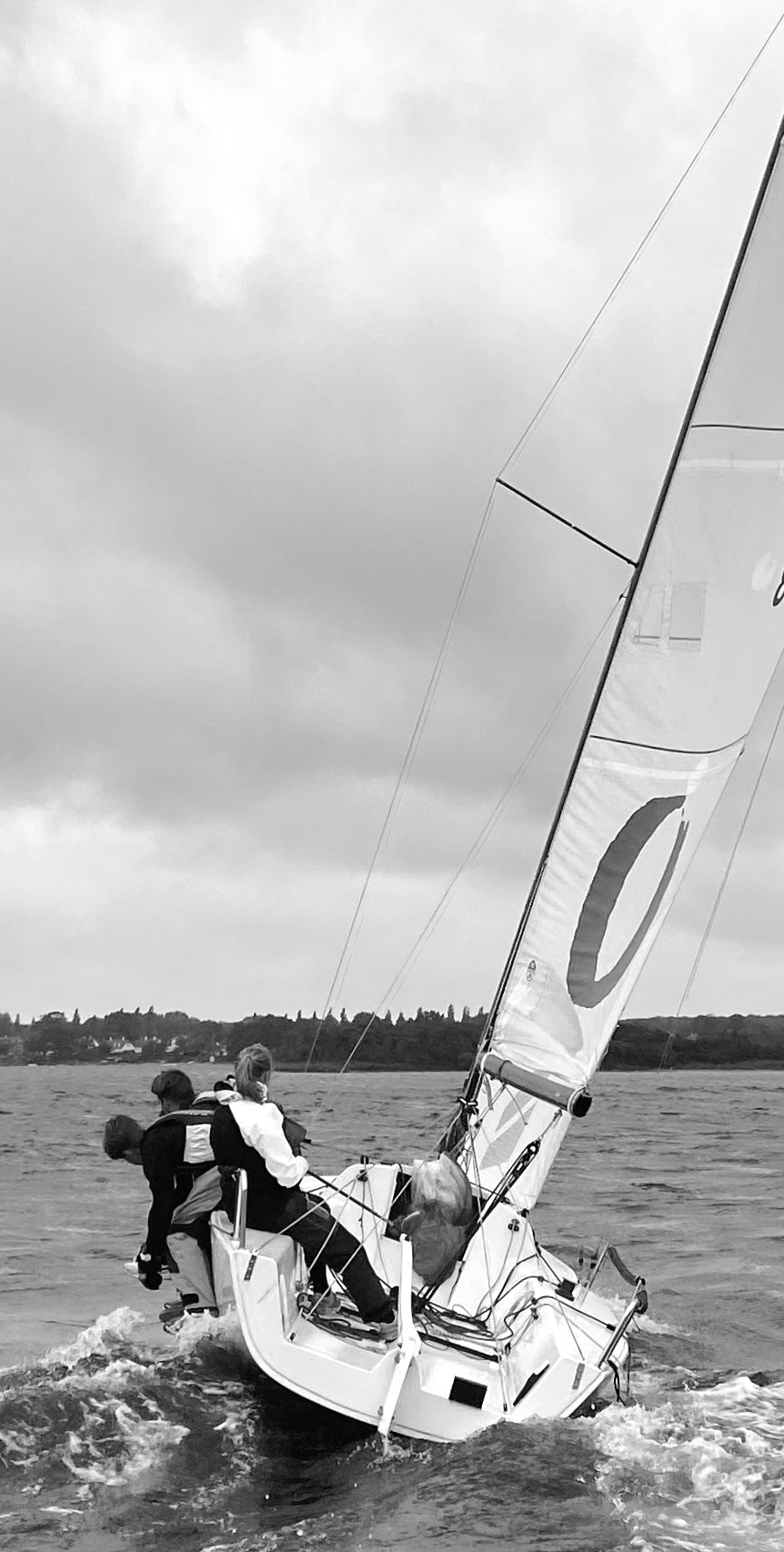
Course 7: Goals, mindset and race preparation
The preparation for an event begins the moment you decide to participate. In the interim period, there are a number of things you CAN, COULD or SHOULD work on depending on priorities, wishes and ambitions.
In this lesson, we look at the long-term preparation, focusing on condition and understanding of the equipment, crew and planning. We also look at the short-term planning: wind statistics, gear and race-day preparation, pre-race schedule, sails selection and checklists are reviewed.
We will also dive into sport psychology of sailing. You will learn about working with different types of goals, each vastly different with separate purposes. And you will be presented to a set of mentale tools that can help you at various stages in a learning process, sailing campaign or an important regatta
The following quote is quite descriptive of this course:
“We are what we repeatedly do.
Excellence, then, is not an act, but a habit”
(William Durant, (not Aristotle))
